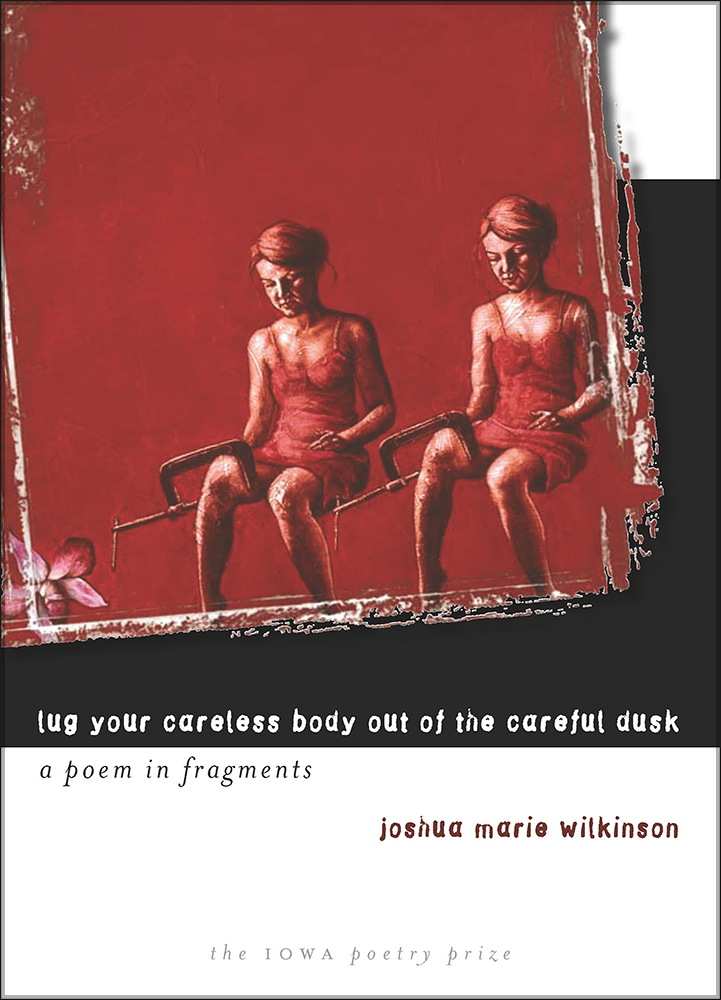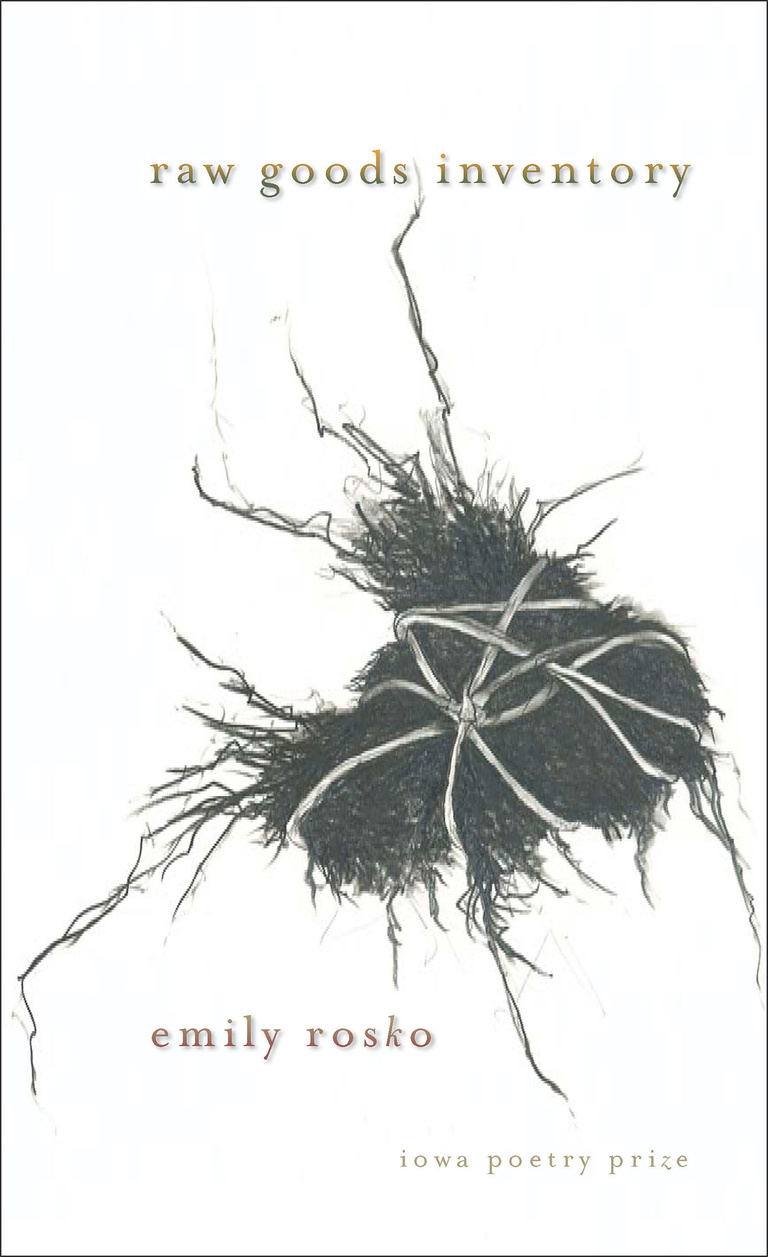Drawing from the paintings of Susan Rothenberg, Gwyneth Scally, and Eric Fischl as well as from the photography of Allison Maletz, Joshua Marie Wilkinson’s Lug Your Careless Body out of the Careful Dusk is a book-length poem written in small fragments. Comprised of seven sections, the poem is formed as much by the poet’s travels through Turkey, the Baltics, and Eastern Europe as it is by the movies of Rainer Werner Fassbinder, Krzysztof Kieslowski, and Bill Morrison. The painters Francis Bacon and Lucian Freud are here alongside whispers of Emily Dickinson and Wallace Stevens. Lug Your Careless Body out of the Careful Dusk is a book of cinematic images and fragments, of small stories overheard and quickly abandoned, of hidden letters and phone booths, and of ghosts who return with questions.
Born and raised in Seattle’s Haller Lake neighborhood, Joshua Marie Wilkinson is the author of one other book of poetry, Suspension of a Secret in Abandoned Rooms, and the chapbook A Ghost as King of the Rabbits. He holds an MFA from the University of Arizona and an MA in film studies from University College Dublin. Presently he lives in Denver, Colorado, where he is pursuing his doctorate in English and creative writing and completing his first film.
From Lug Your Careless Body out of the Careful Dusk
Even if only in photographs—
a laundry truck, seconds after.
phone in the apartment ringing
above the accident & a coroner
careful enough to stay speechless
until the wind picks up
& the passersby can smell simply
the blood, like fresh wood or
cut metal.
“The dreamer is not quite asleep and so his conscious seeks reason at its most partial, least impartial. Thus, in Joshua Marie Wilkinson’s collection, what initially appears fragmentary is really a subversive precision. What lures with its charms becomes strange and volatile: ‘Home, almost, at / least where words cut your lip &I spoke / you together &then back apart.’ Come: enter beguiled and leave haunted, where Wilkinson acts as a graceful thief—he steals his own disappearance and is the cunning agent of his own chimerical resurgence.”—Elizabeth Robinson, author, Apprehend
“The epigraph to Wilkinson's stunning new book promises a light in which ‘everything is meant for you / And nothing need be explained.’ He gives us entry into a logbook full of riven epiphanies, ungettable coherences, ever-interrupted plots, and stabbing moments of visual, narrative, and emotional clarity. His obliquities and hauntingly urgent interrogations reinvent time, perception, and story and cast us into dusks of logic with brilliant illumination.”—Bruce Beasley
“Like the precisionist photographs of Charles Sheeler, Wilkinson’s delightful lyric fragments are notable for their wit and pathos, their exactitude and wry self-irony. His tales of displacement are verbal equivalents of Sheeler’s realistic—yet wholly surreal—images: we respond to these settings and situations with a shock of recognition, especially since Wilkinson’s control of sound and visual prosody displays a nearly perfect pitch. A very sophisticated and original book!”—Marjorie Perloff, author, Wittgenstein’s Ladder and Differentials



